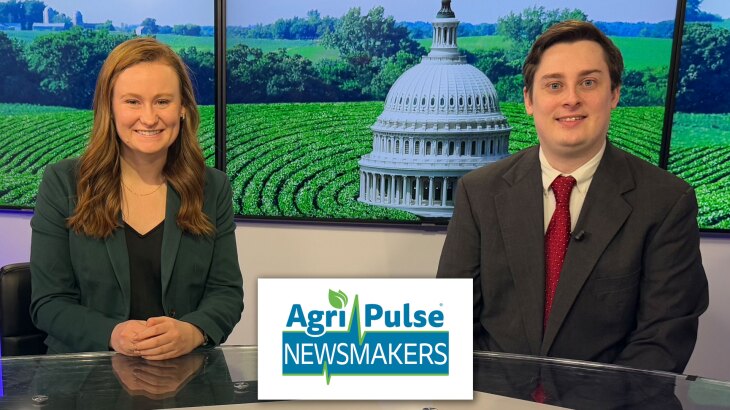Urban forests are more than a collection of trees. To those who maintain them, they also embody a unique mindset and a thoughtful perspective viewing urban spaces as integral parts of larger forests and regional ecosystems.
This is the philosophy guiding the team of arborists at the University of Kentucky, a dedicated group of professionals committed to shaping the campus environment beyond the confines of buildings and classrooms. For the team of UK arborists and the many who appreciate and utilize the green space, the urban forest surrounding the University is an essential element of the campus experience rather than a mere backdrop.
The trio of full-time campus arborists wears multiple hats in their endeavor to nurture the University’s urban forest. From pruning to planting and removals, they play a crucial role in maintaining the health and vitality of the campus greenery.
One notable aspect of their work involves injecting pesticides into trees, a preventive measure against the emerald ash borer. This showcases their dedication to preserving the campus’s verdant landscape.
Reflecting on his time as a UK student, one arborist recalls the many ideas that flourished in him as he sat, inspired, beneath the canopy of a tree in the same spaces he tends today. In his view, the urban forest is a living, breathing extension of the campus and vital to the student experience.
One of the arborists’ frequently asked questions is about tree removal. While they express a reluctance to take down trees, the campus community’s safety remains a paramount concern. With a keen awareness of the impact of each cut on the tree canopy, the team carefully evaluates whether removal is necessary, particularly in high-traffic areas where safety is a primary consideration.




















